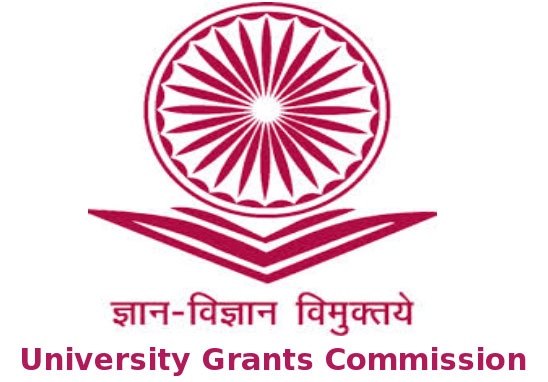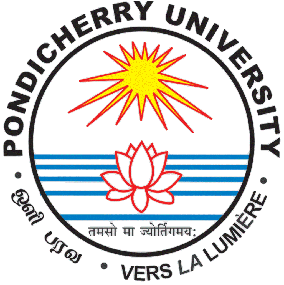Citizen expression and engagement in an authoritarian context
Keywords:
Citizen mobilization, Digital space, Mediterranean area, Policy commitment, representationsAbstract
Starting with the so-called smile revolution that floods the Algerian streets every Tuesday and Friday, with the strong mobilization of students and teachers (Tuesday) on one hand, and citizens from all sides (Friday) on the other, this contribution focuses on citizen mobilization and forms of expression of the revolt. For us, these forms of expression lead to structure and form a new space of demand, commitment, position-taking and, more particularly, participation in socio-political life. This space would be for us the establishment of a democratic framework, in the sense that Algerians would wonder about an alternative to their daily political life, which has been stagnating for decades. Thus, we suggest, through an X-ray of materials collected on the Web, via some social media, to understand how contestations, in their different compositions, form a “new” partial public space that is structured and mature, comparable to the polis of ancient Greece. These forms of claiming show both complementarities and asymmetries between digital communication and the physical contestation in place that re-appropriate public spaces that are often confiscated, framed or fenced off. It is in this interlacing that we will have to specify between distanced action and action in presence, we make the hypothesis that manifestations of expression occur that signal a form of citizen public space emerging in Mediterranean societies. These can renew with participative, claiming, and citizen movements that prove to be complex and often controlled or even fought or denied.




